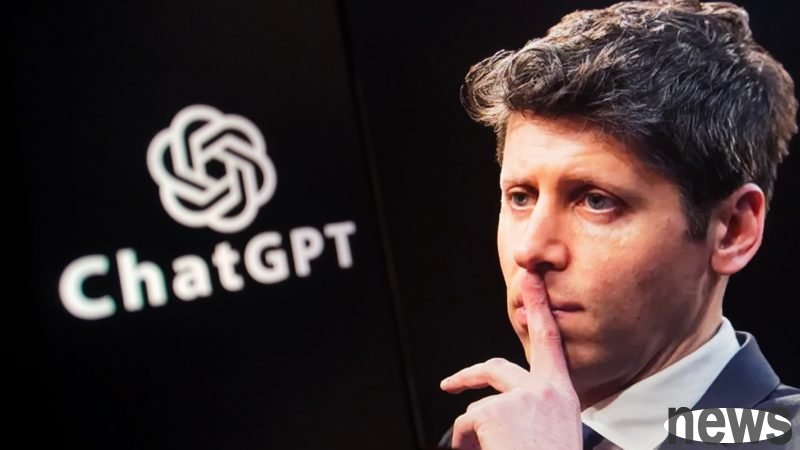Previously reported by Reuters that OpenAI has begun renting Google's artificial intelligence (AI) chips to support the computing needs of ChatGPT and other products. In response to this OpenAI, there is currently no plan to drive products using...

Previously reported by Reuters that OpenAI has begun renting Google's artificial intelligence (AI) chips to support the computing needs of ChatGPT and other products. In response to this OpenAI, there is currently no plan to drive products using Google's self-developed chips.
OpenAI spokesperson pointed out that although the company's AI experiments are actually initially testing some of Google's metered volume processors (TPUs), there is currently no large-scale application.
Google refused to comment on this matter.
Reuters pointed out that it is common for AI laboratory to test various different chips, but to use new hardware at a large scale, it usually takes longer and supports different architectures and software. OpenAI currently mainly relies on NVIDIA's picture processor (GPU) and AMD's AI chips to meet its growing computing needs.
In addition, OpenAI is also developing its own chips, and the plan will reach a "tape-out" milestone this year, that is, the chip design is completed and sent for production.
Reuters previously pointed out that OpenAI has signed a contract with Google Cloud to meet the rapid growth of computing needs, and has also become an unexpected cooperation case between the two competitors. In fact, most of OpenAI's computing power still comes from the GPU server provided by CoreWeave, the new AI cloud computing new company.
Google is recently expanding the external supply of self-developed AI chip TPUs, which were mostly for internal use in the past. The strategy also helps Google attract more customers, such as tech giant Apple and new AI companies founded by former OpenAI members such as Anthropic and Safe Superintelligence, both of which are rivals of ChatGPT.
OpenAI says it has no plan to use Google’s in-house chip Extended reading: Rapidus 2 nanometers of production! Pat Gelsinger reminds: There must be unique advantages, otherwise it will be difficult to win the Taiwan power supply Samsung, SK Hynix CXL memory, due to insufficient demand, production card